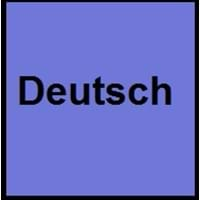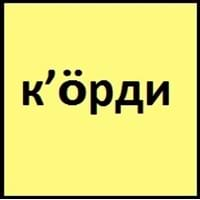German vs Kurdish
- One of the large group of Indo-Germanic languages is German.
- The second most popular Germanic language spoken today behind English is German language.
- The vocabulary in Kurdish is of Iranian origin.
- In the middle East, Kurdish is the fourth largest ethnic group.
German and Kurdish Language History
Comparison of German vs Kurdish language history gives us differences between origin of German and Kurdish language. History of German language states that this language originated in 6th Century AD whereas history of Kurdish language states that this language originated in 16th century CE. Family of the language also forms a part of history of that language. More on language families of these languages can be found out on German and Kurdish Language History.
German and Kurdish Greetings
People around the world use different languages to interact with each other. Even if we cannot communicate fluently in any language, it will always be beneficial to know about some of the common greetings or phrases from that language. This is where German and Kurdish greetings helps you to understand basic phrases in German and Kurdish language. German word for "Hello" is hallo or Kurdish word for "Thank You" is Sipas. Find more of such common German Greetings and Kurdish Greetings. These greetings will help you to be more confident when conversing with natives that speak these languages.
German vs Kurdish Difficulty
The German vs Kurdish difficulty level basically depends on the number of German Alphabets and Kurdish Alphabets. Also the number of vowels and consonants in the language plays an important role in deciding the difficulty level of that language. The important points to be considered when we compare German and Kurdish are the origin, speaking countries, language family, different greetings, speaking population of these languages. Want to know in German and Kurdish, which language is harder to learn? Time required to learn German is 30 weeks while to learn Kurdish time required is 4 weeks.





